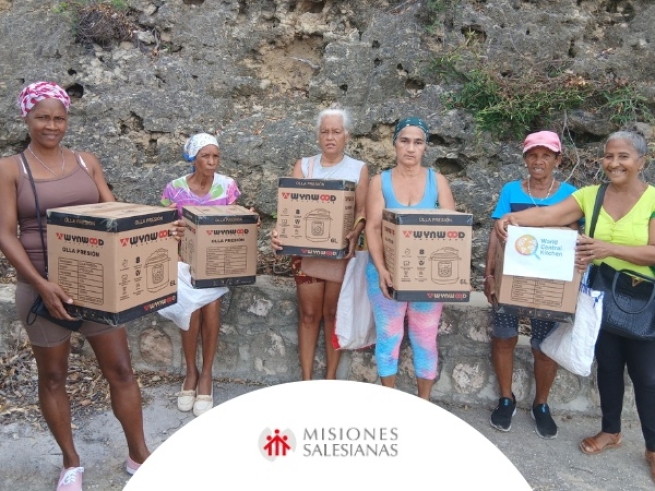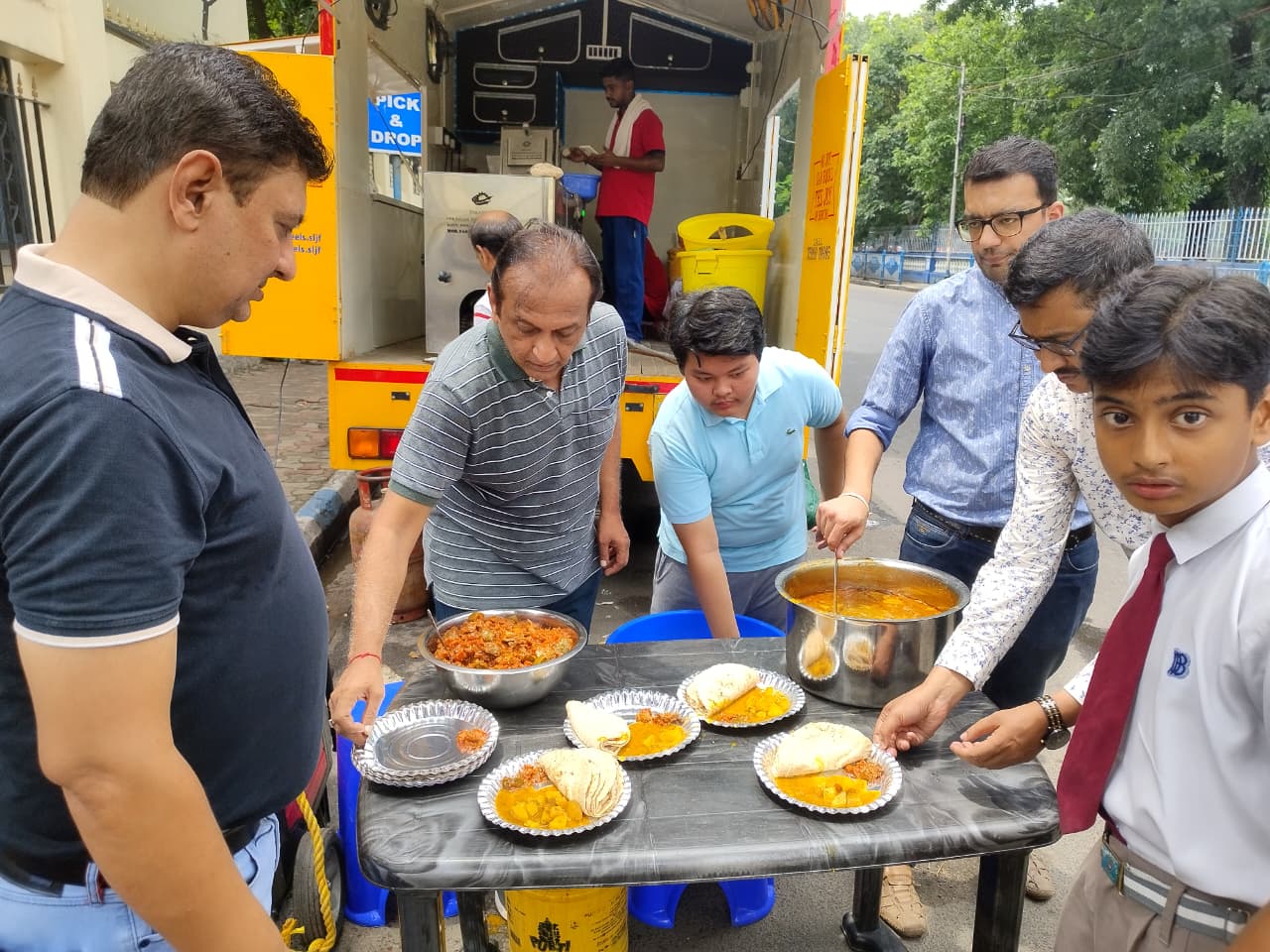BRAZIL: Salesian School of São José Affected by Recent Tornado

(MissionNewsire) The Salesian-run São José educational community in Campinas, a Brazilian municipality in São Paulo State in the country’s Southeast Region, was affected by a tornado with winds of more than 80 kilometers. The Southeast regions of Brazil experienced high winds, lightening, damaging hail and torrential downpours right before the tornado struck. The Salesian School of São José suffered damage to some of the buildings and the educational community has suspended classes to allow for repairs. All students and Salesian staff are safe.
The Brazilian Campinas Civil Protection reported that more than 100,000 homes were damaged from the storm as well as two electrical towers collapsed. In addition, more than 70 trees were uprooted. The Salesian School of São José was opened in 1936 to provide agricultural education to disadvantaged youth. Today, the school offers courses in mechanics, carpentry, shoemaking, tailoring, printing and agriculture. The broader Salesian educational community offers a high school, technical school, and university classes as part of UNISAL, the Salesian Central University in São José.
“The gap in opportunity for rich and poor continues to be very wide in Brazil, even with government efforts,” says Father Mark Hyde, executive director of Salesian Missions, the U.S. development arm of the Salesians of Don Bosco. “We are seeing that youth who are already at a social or economic disadvantage fall even further behind because of a lack of access to quality education. Salesian missionaries working with poor youth and their families in Campinas and across Brazil have developed programs that provide youth opportunities for furthering their education and skills and close some of the educational and income gaps.”
Recently, Salesian missionaries and students in the school completed a reforestation project of part of the local ecological park in order to protect the water source in the area and preserve the city’s water supply. The project entailed planning thousands of seedlings of native trees, which in a few years’ time will allow the area of new growth to become a segment of the forest.
“Interestingly, the source also supplies an ecological recreation center on this site, which, thanks to the volunteer work of the teachers and students, allows children to have toys made from recyclable material,” says Father Dilson Passos Júnior, rector of the Salesian community..
In addition, to contribute to the protection of groundwater and avoid water scarcity, the educational community of São José has been authorized by the Secretariat for Ecological and Sustainable Development in Brazil to remove the ancient pine trees at the commercial farm at the school because the pine trees absorb large amounts of groundwater. The pine trees, which come from Florida, have very deep and aggressive root system, produces a resin that causes acidification and dryness of the soil, and facilitates the development of anthills.
“At present, the forest area is quite busy with a large number of students in the area as well as other pedestrians and vehicles. If these trees were to fall, they could cause serious injury to people and damage the property. For the welfare and safety of students and the community surrounding the school, it has become necessary to remove them,” adds Fr. Passos.
To compensate for the removal of the pine trees, the Secretariat for Ecological and Sustainable Development has called for planting seedlings of native trees in the Brazilian rain forest. This will help facilitate integration with the fauna of the region and is in keeping with draft reforestation techniques proposed by Brazilian environmental legislation and approved by the environment agency. The Salesian community will remain responsible for the maintenance of this new segment of the forest for as long as the seedlings need attention, which is roughly about two years’ time.
Brazil has one of the strongest economies in Latin America and is an important agricultural and industrial power in the region. But nearly one fourth of Brazilians live in poverty and 6.6 percent live in extreme poverty, according to a UNESCO report. While Brazil is making positive changes, there are still large gaps between the poor and the rich. Inequalities remain in access to education and educational efficiency. These inequalities are greatest for children and youth who are poor, live in rural areas or who have an incomplete compulsory education.
###
Sources:
(PHOTO: ANS)
ANS – Brazil – The São José educational community completes the reforestation of a park
ANS – Brazil – The Salesian School of São José in Campinas hit by a tornado
UNICEF – Brazil Statistics
UNSCO – Statistics in Brazil
SALESIAN MISSIONS – Brazil




